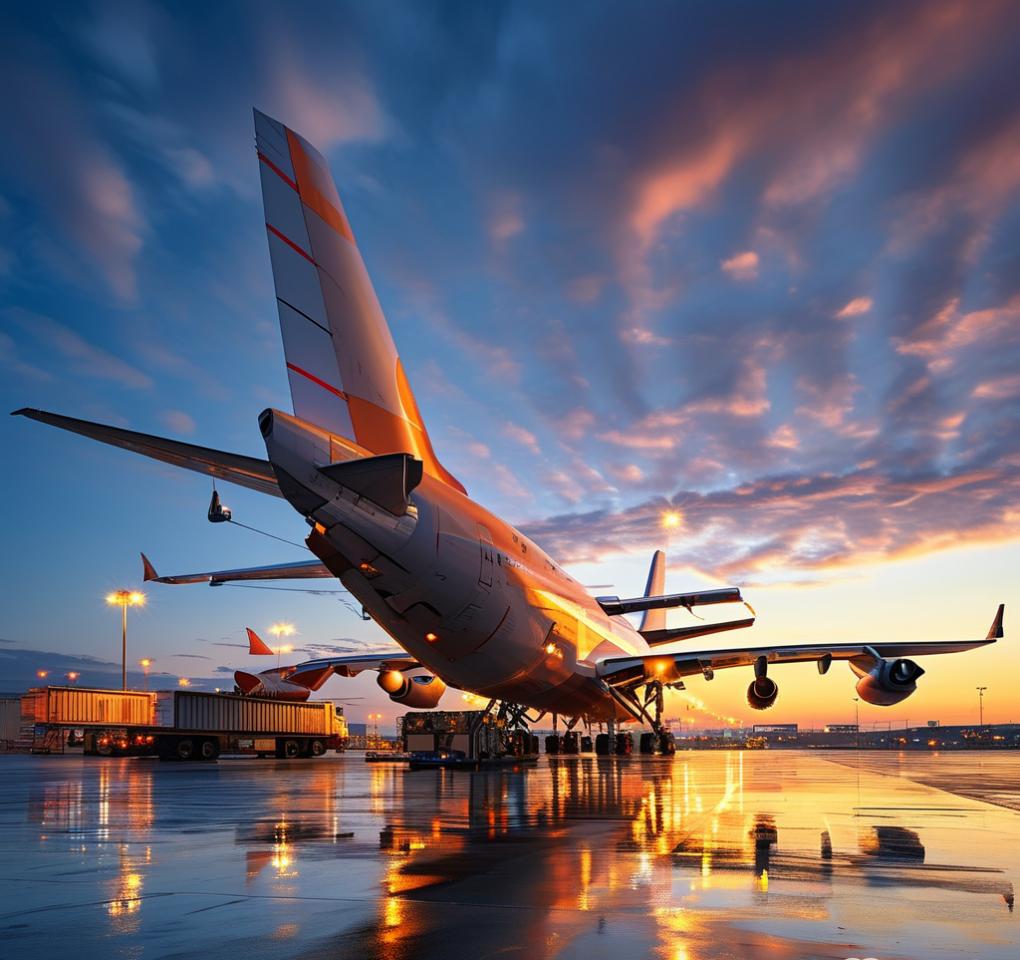When shipping goods to Thailand, port handling fees can be a significant part of your total transportation costs. These fees cover the services provided at the port, such as unloading, storage, customs clearance, and documentation. Here’s how to understand and estimate Thailand port handling fees to avoid unexpected costs during the shipping process.
1. What Are Thailand Port Handling Fees?
Port handling fees are the charges imposed by ports for managing your goods. These can include:
- Unloading: The cost of unloading goods from ships.
- Storage: Charges for storing goods at the port before they are cleared for inland transport.
- Customs Clearance: Fees for processing the goods through Thai customs.
- Documentation: Charges for handling and processing all necessary shipping documents.
These fees can vary depending on the size, weight, and type of goods being shipped. If you’re using Thailand fast-track logistics from China, the fees may be higher for expedited services, as they often involve quicker unloading and processing.
2. Factors Influencing Port Handling Fees
Several factors can impact the cost of port handling in Thailand, including:
- Size and Weight of Shipment: Larger or heavier items typically incur higher fees.
- Port Type: Different ports may have different rates, with major ports like Laem Chabang Port generally having higher fees.
- Customs Documentation: Ensuring all customs documentation is in order will help avoid unexpected fees.
- Mode of Delivery: Thailand express parcel from China vendors may charge additional fees for fast-track or priority services.
3. Thailand Fast-Track Logistics and Express Services
If you’re opting for fast-track logistics or express parcel services from a China vendor, be prepared for premium port handling fees. These services prioritize quicker clearance and delivery, which can result in faster unloading, expedited customs clearance, and faster delivery. While these services are convenient, they often come with additional costs compared to regular shipping.
4. How to Minimize Port Handling Fees
To reduce your port handling costs, consider the following:
- Plan Ahead: Work with your logistics provider to ensure smooth customs clearance and avoid delays at the port.
- Choose Standard Services: If time isn’t critical, you may opt for standard services that offer lower port handling fees.
- Work with Experienced Freight Forwarders: Experienced forwarders are better at navigating port charges and can help minimize unnecessary fees.
5. Get Quotes from Different Providers
To ensure you’re getting a competitive rate, it’s essential to get quotes from different logistics providers. Ask for a detailed breakdown of Thailand port handling fees and other potential charges. This will help you plan your budget and avoid surprise costs during shipping.

PAA (People Also Ask)
- What do Thailand port handling fees cover?
Port handling fees cover services like unloading, storage, customs clearance, and documentation processing at Thai ports. - How are port handling fees calculated in Thailand?
Fees are typically calculated based on the size and weight of the shipment, the type of goods, and the port where the goods are being processed. - Do fast-track logistics services have higher port handling fees?
Yes, Thailand fast-track logistics from China generally involves higher port handling fees due to the expedited nature of the service. - How can I reduce port handling fees for shipping to Thailand?
You can reduce fees by planning ahead, choosing standard services, and working with an experienced freight forwarder to manage documentation and customs clearance. - What is included in the Thailand express parcel service fee?
The fee includes fast processing, quicker customs clearance, and priority unloading. These services typically come with higher costs compared to standard shipping.
